Want to get the most out of every bite? These 10 dietitian-approved favorites aren’t just healthy—they’re nutritional overachievers. Packed with essential vitamins, minerals, fiber, and healthy fats, each one delivers major benefits without requiring a complicated meal plan. Whether you’re looking to boost your energy, support your immune system, or just feel better every day, these foods offer maximum nourishment in simple, everyday forms. From vibrant leafy greens to lean proteins and satisfying superfruits, this list is backed by nutrition pros who know what your body truly needs. Ready to upgrade your plate? These powerhouse picks are a delicious place to start.
1. Leafy Greens
Kale, spinach, and Swiss chard are like nature’s multivitamin pills, except they taste way better in salads and smoothies! These green superstars are bursting with vitamins A, C, and K that keep your eyes sharp and your bones strong. The iron helps carry oxygen through your blood, while calcium builds sturdy bones.
What makes these greens extra special is their fiber content that keeps your tummy happy and their disease-fighting antioxidants. Just one cup of these greens daily can dramatically boost your health. Try them sautéed with garlic for a tasty side dish or blended into fruit smoothies if you’re not a fan of their taste.
2. Fatty Fish
Salmon, sardines, and mackerel might be the closest things we have to actual brain food. These underwater treasures are loaded with omega-3 fatty acids that help your brain cells communicate better and keep your heart pumping strong. Unlike many other protein sources, these fish come with bonus vitamin D, which most people don’t get enough of. Their B vitamins work behind the scenes to convert food into energy that powers your day. Even eating these fish twice weekly can significantly improve your health. The American Heart Association recommends them specifically because the evidence for their benefits is so strong!
3. Eggs
Small but mighty, eggs deliver complete protein with all nine essential amino acids your body can’t make on its own. Inside that humble shell lurks choline, a nutrient that helps your brain send messages to the rest of your body. Eggs also contain vitamin B12 for healthy nerves and blood cells, plus vitamin D for strong bones.
The yolk, once unfairly demonized, actually contains most of these amazing nutrients! Research shows eating eggs for breakfast helps you feel fuller longer than cereal or toast. Don’t worry about cholesterol—most healthy people can enjoy an egg or two daily without problems. They’re truly one of nature’s most perfect portable protein packages.
4. Sweet Potatoes
The brilliant orange color of sweet potatoes isn’t just pretty—it signals loads of beta-carotene that your body turns into vitamin A for eagle-eye vision and a strong immune system. Unlike regular potatoes, these sweet gems rank lower on the glycemic index, meaning they won’t spike your blood sugar as much. Their fiber content helps you feel satisfied while keeping your digestion running smoothly.
Sweet potatoes also provide a surprising amount of vitamin C, which most people only associate with citrus fruits. The potassium in sweet potatoes helps control blood pressure and muscle cramps. Roast them with a touch of cinnamon for a naturally sweet treat that tastes like dessert but acts like medicine!
5. Nuts and Seeds
Almonds, chia seeds, and flaxseeds might be small, but they pack a serious nutritional punch! These crunchy little powerhouses contain healthy fats that feed your brain and keep your skin glowing. Their fiber content helps you feel full longer, making them perfect for weight management. Magnesium, abundant in these foods, supports over 300 biochemical reactions in your body and helps your muscles relax after exercise. Vitamin E acts as an antioxidant, protecting your cells from damage. Just a handful of nuts or a tablespoon of seeds daily can lower heart disease risk by up to 30%! Store them in the refrigerator to keep their delicate oils from going rancid.
6. Cruciferous Vegetables
Broccoli, Brussels sprouts, and cauliflower belong to a special family of vegetables that contain unique compounds called glucosinolates. These compounds give these veggies their strong smell but also help your body fight off cancer cells before they can cause trouble. Beyond their cancer-fighting abilities, these veggie heroes deliver a hefty dose of fiber that feeds the good bacteria in your gut.
Their vitamin C content rivals oranges, while vitamin K helps your blood clot properly when you get a cut. Roasting these vegetables brings out their natural sweetness and makes them more appealing even to picky eaters. Try them with a sprinkle of garlic powder and a drizzle of olive oil for a taste transformation!
7. Legumes
Lentils, chickpeas, and black beans are the unsung heroes of the plant kingdom. These affordable nutrition powerhouses deliver protein comparable to meat but come bundled with fiber that animal products completely lack. Iron in legumes helps carry oxygen throughout your body, preventing the fatigue that comes with low iron levels.
Folate, especially important for pregnant women, supports the creation of new cells and helps prevent certain birth defects. The resistant starch in beans acts as food for your gut bacteria, improving digestion and possibly helping with weight control. Adding just a half-cup of legumes to your daily diet can lower cholesterol and reduce blood sugar levels, making them especially valuable for people with diabetes.
8. Avocado
Avocados stand out as one of the few fruits packed with heart-healthy monounsaturated fats – the same type found in olive oil that cardiologists love. Their buttery texture comes with a bonus of fiber that keeps your digestive system running smoothly. Surprisingly, avocados contain more potassium than bananas, helping control blood pressure and prevent muscle cramps. Their folate content supports healthy cell growth, while vitamins C, E, and K work together to boost immunity and help blood clot properly. Studies show people who regularly eat avocados tend to have lower BMIs and less belly fat. Adding a quarter avocado to your sandwich or salad increases absorption of fat-soluble nutrients from other vegetables by up to 15 times!
9. Berries
Blueberries, strawberries, and raspberries are like nature’s candy with a health bonus. Their vibrant colors signal high levels of antioxidants that protect your cells from damage and slow down aging processes in your body. Unlike many other sweet treats, berries have a low glycemic index, meaning they won’t send your blood sugar on a roller coaster ride. Their fiber content helps control hunger while supporting healthy digestion. The vitamin C in berries boosts collagen production for healthy skin and strengthens your immune system. Research shows eating berries regularly improves memory and may delay brain aging by up to 2.5 years! Frozen berries are just as nutritious as fresh and often more affordable.
10. Chicken Breast
Chicken breast deserves its reputation as a fitness favorite. This lean protein source delivers essential amino acids that repair muscles after workouts and keep your immune system strong, all while being lower in calories than many other protein options. The B vitamins in chicken breast, particularly B6 and B12, help your body convert food into energy and create new blood cells.
Selenium, a mineral many people don’t get enough of, acts as an antioxidant and supports thyroid function. Phosphorus works alongside calcium to build strong bones and teeth. A 3-ounce serving of chicken breast provides about half your daily protein needs with just 140 calories! For the healthiest option, remove the skin before cooking and bake or grill instead of frying.
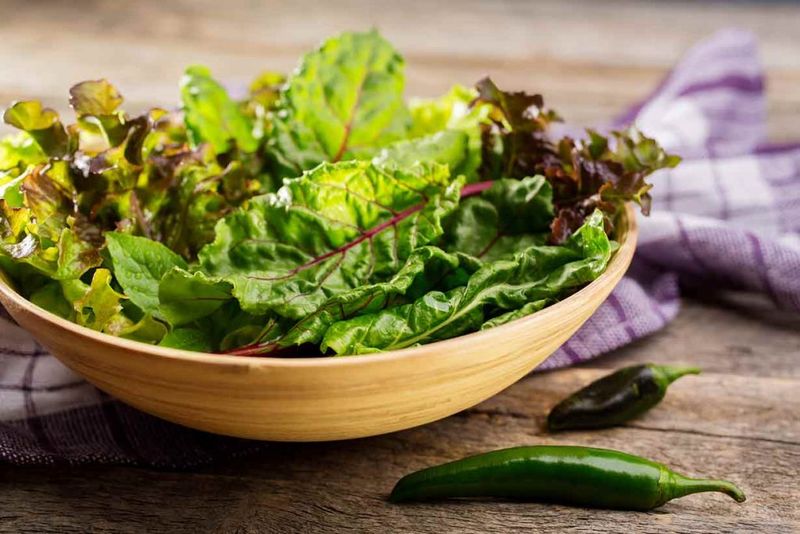
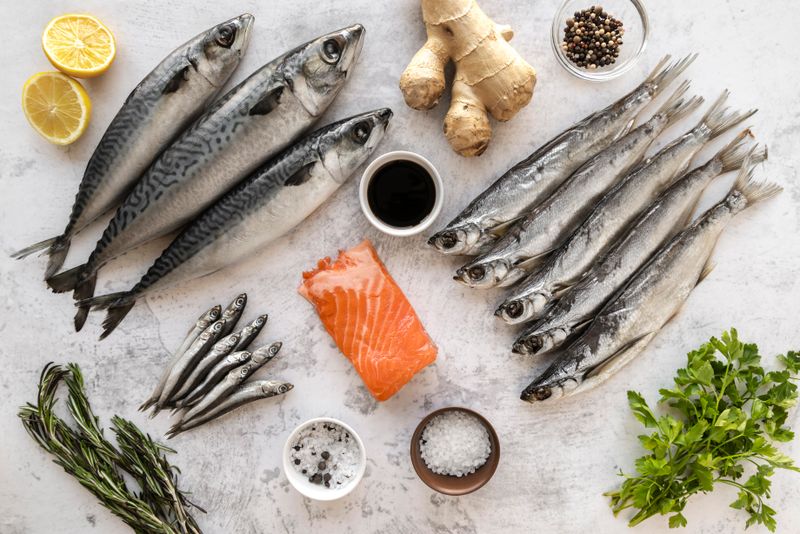
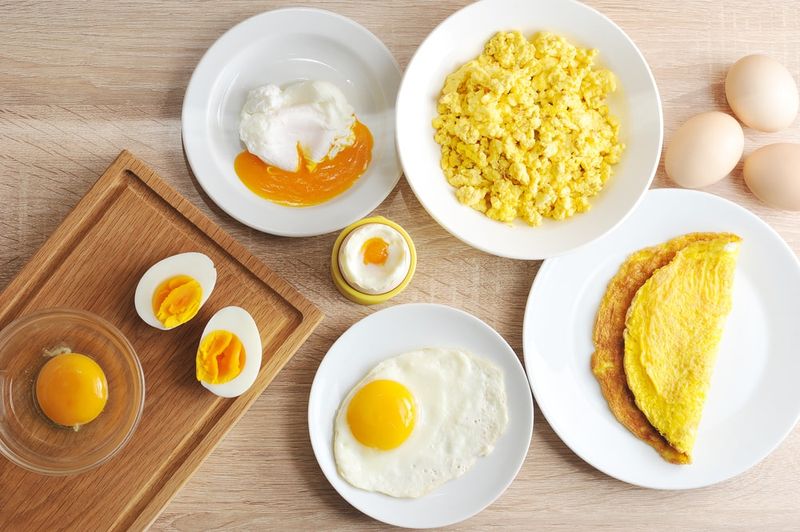

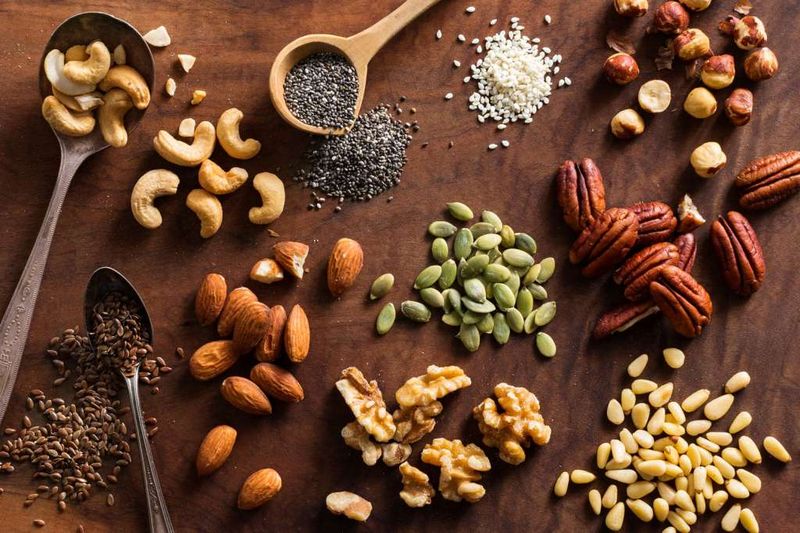
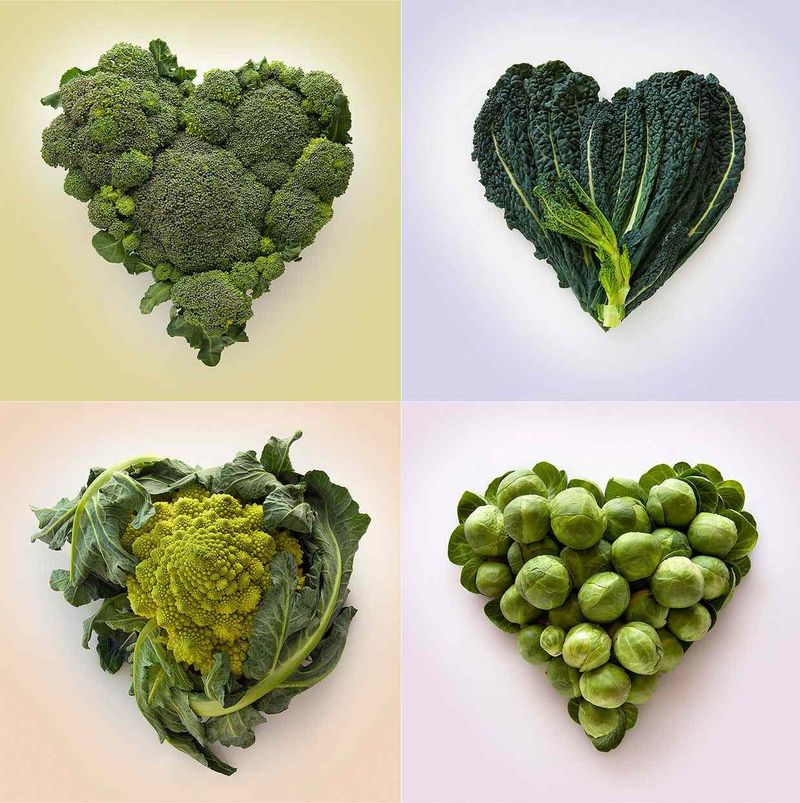
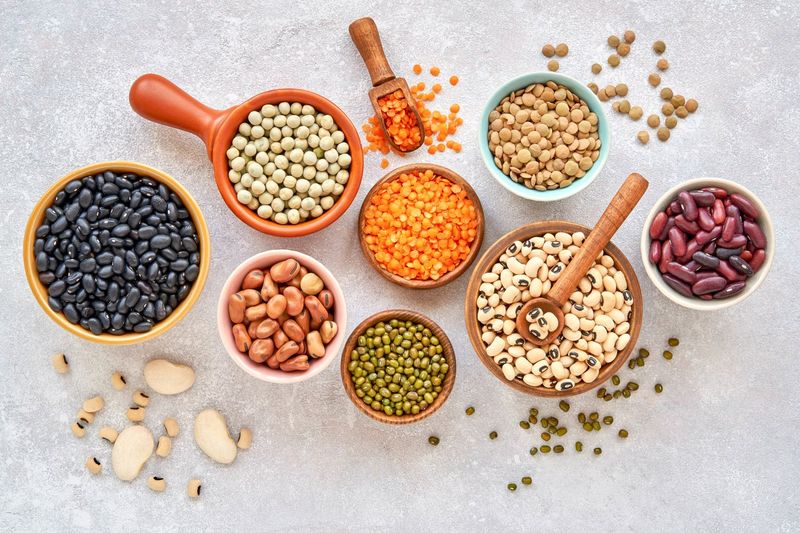


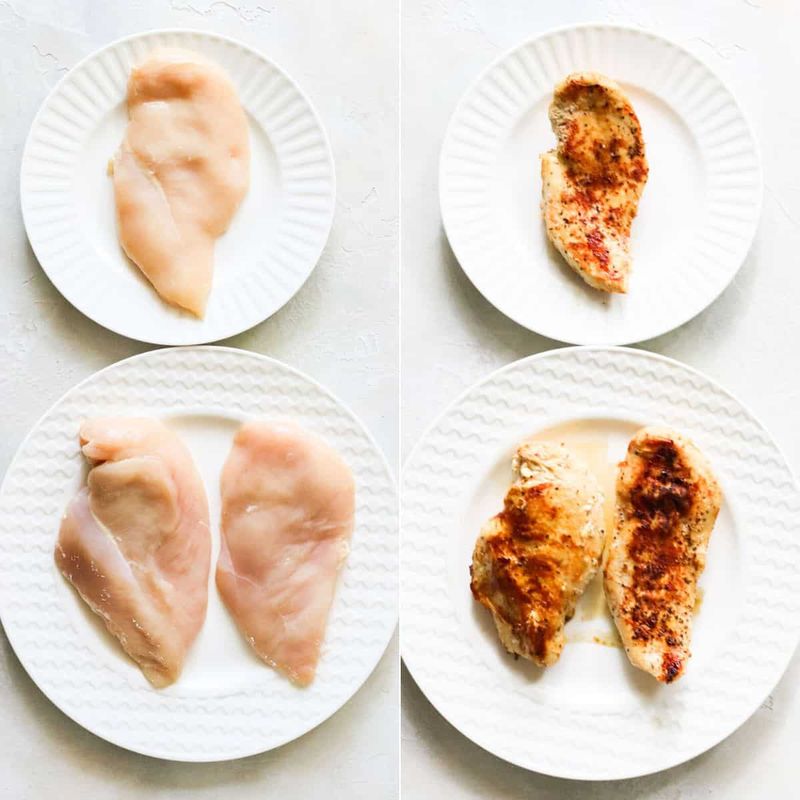
Leave a comment